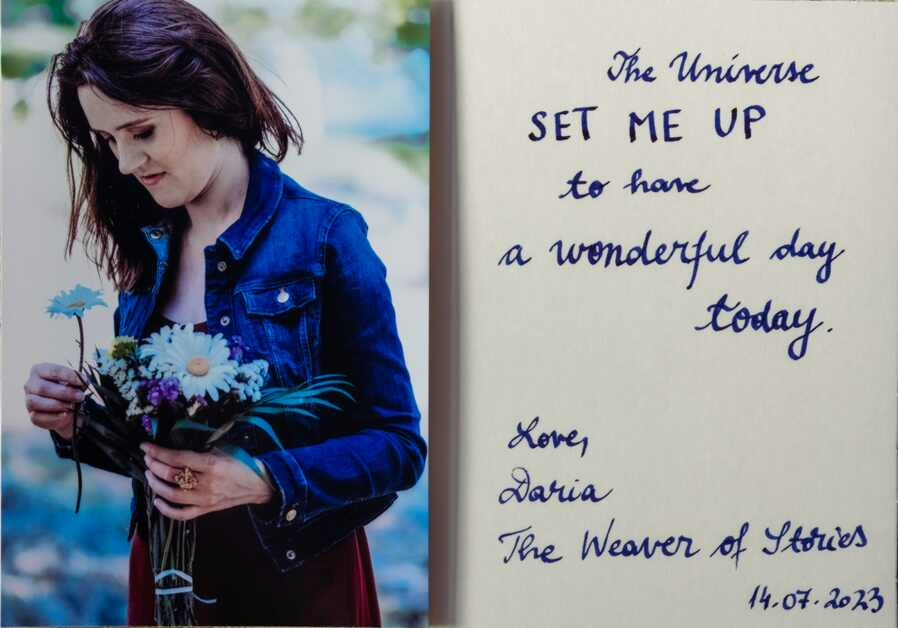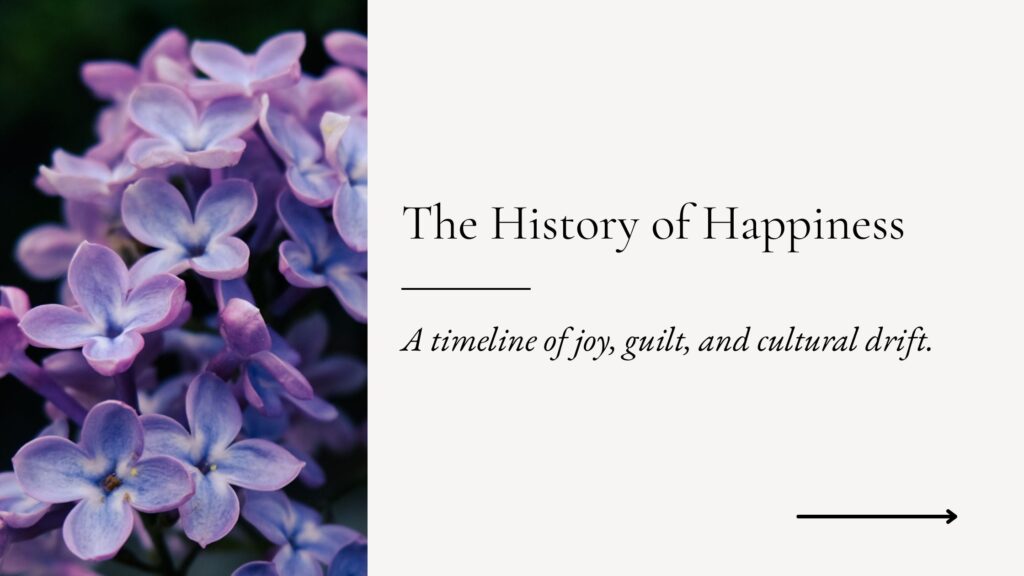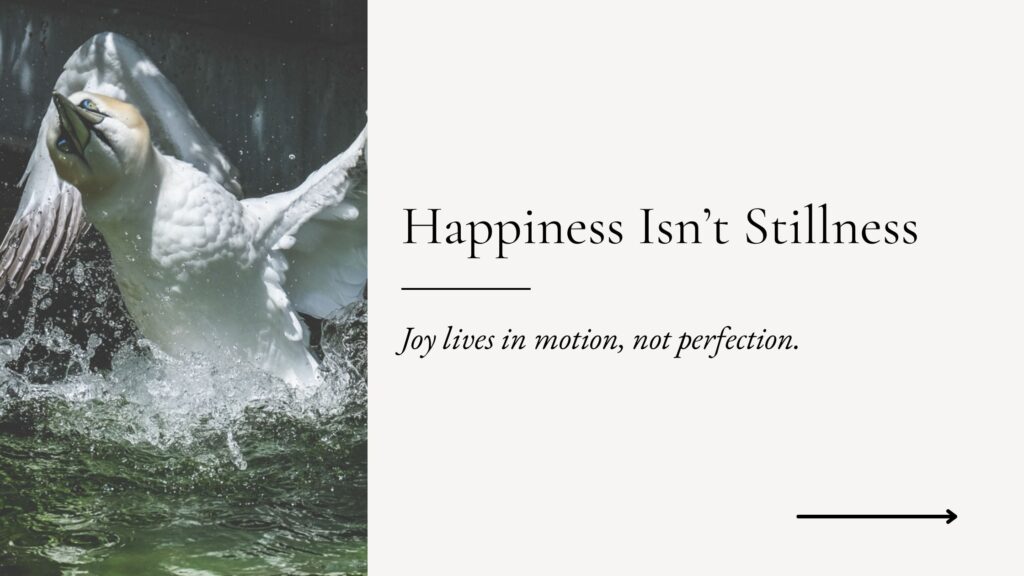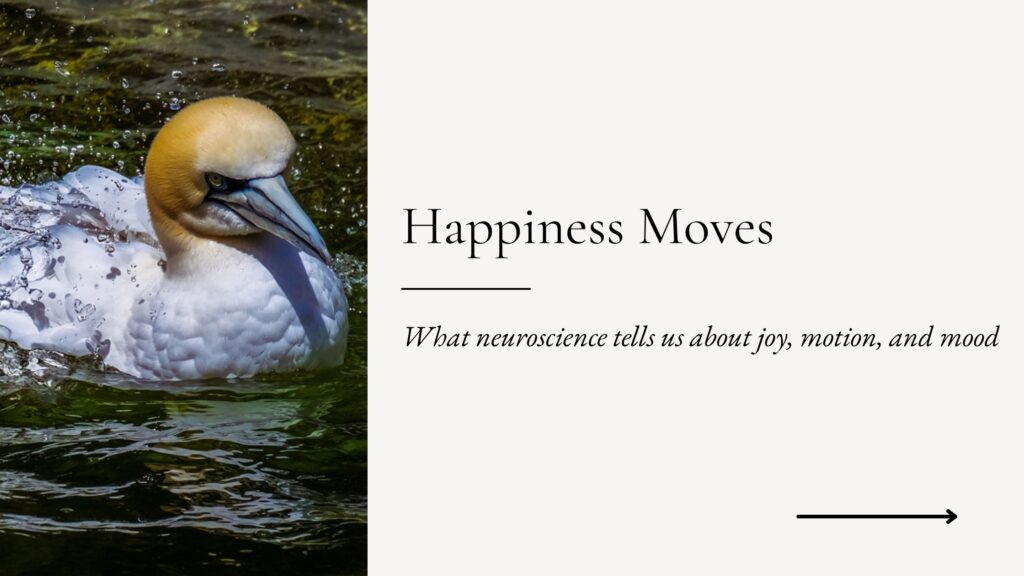…Even If the Western Canon Wants You to Be Miserable
Many of us feel lost, alienated, and vaguely pressured to be happier. In a world that often feels heavy, it’s no wonder so many are asking: how to be happy in a sad world?
But what if joy isn’t something you lack –
just something your culture never taught you to take seriously?
Let’s rewrite that.
A Cultural Bias Toward Sad Stories
As I mentioned in Unraveling the Pursuit of Happiness: A Journey Through the Ages, happiness hasn’t always been the star of the show. For most of history, it wasn’t even on the stage.
In fact, we’ve traditionally consumed sad, tragic, and morally weighty stories. From Greek tragedies designed to purge our violent impulses, to medieval quests for unreachable ideals, to Victorian novels soaked in existential dread – we sure like our dramas.
Western culture has canonized suffering.
And I mean that quite literally: the Western literary canon, our supposed “greatest hits” of art and thought, is brimming with bleakness. These are the books we’re told to study, revere, and internalize as markers of cultural depth.
Even the opening lines of “serious” classics tell us: sadness = depth.
“Happy families are all alike; every unhappy family is unhappy in its own way.”
— Anna Karenina, Leo Tolstoy
What does that say about us?
That happiness is… boring?
That sadness is what makes us interesting and real?
But They’re Just Stories… Right?
Not quite. Stories are how we learn who we’re allowed to be.
They provide templates for selfhood, relationships, and what a “worthy life” looks like. The more often a story is retold, the deeper it embeds itself into our collective psyche – until it becomes almost invisible.
When the stories we’re steeped in prize tragedy, chaos, and self-destruction, is it any wonder we feel guilty for wanting joy?
Is it any wonder we have no clue how to practice happiness?
When joy isn’t modeled, we don’t learn how to practice it.
We become fluent in suffering but illiterate in delight.
It’s not that we don’t want happiness — it’s that we were never taught how to recognize it outside of peak moments or perfection.
So we chase intensity or numbness instead.
We delay joy until we’ve “earned” it.
And in doing so, we miss the small, sacred experiences that actually sustain a meaningful life.
Reclaiming happiness isn’t about forcing positivity — it’s about restoring permission for aliveness in ordinary moments.
That’s why we need new stories — ones that teach us how to live, not just how to suffer.
The Case for Joy-Based Narratives
We’ve inherited a cultural script where tragedy is meaningful and joy is decorative.
Think about it: most of the “serious” works in the Western canon center on betrayal, war, existential dread, or at best, a quiet disillusionment. (Shoutout to Tolstoy for making sure we all know that happy families are apparently boring.)
But what if that’s just a genre bias?
Across cultures, there are counter-narratives:
- Haiku poets who celebrate fleeting beauty.
- Folklore where cleverness and delight win the day.
- Mystics and monks who equate joy with divine presence.
- Authors like Terry Pratchett, whose Discworld novels prove joy can be just as deep as despair.
Somewhere along the way, we decided that lightness = shallowness.
But joy is not an escape – it’s an anchor.
Rethinking Happiness as a Practice
Let’s reframe: happiness isn’t a state to achieve – it’s a skill to practice.

A joy practice isn’t about ignoring pain or bypassing hard things.
It’s about building small rituals that let us feel alive in the midst of them.
There’s even science to back this up. In fact, taking meaningful action is one of the most effective ways to shift mood and reconnect with purpose.
Try this:
The 3-Minute Glimmer Ritual
- Step outside or look around the room.
- Name one thing that brings a spark of pleasure or peace.
- Let yourself feel it – no productivity required.
Joy doesn’t demand a perfect life.
It asks for your attention.
And like any craft, it gets stronger the more we return to it.
What would a joy practice look like in your life?
Not a mood, but a daily rhythm. Not a reward — an orientation.
Make Joy Mythic Again
In many traditions, joy isn’t frivolous.
It’s sacred.
The Celts spoke of thin places where the veil between worlds lifts.
Sufi poets wrote of joy as an ecstatic reunion with the divine.
Even fairy tales – when you look past the sanitized versions – were about delight hard-won after trial, not misery as a default setting.
Why shouldn’t joy get a throne in the story, too?
Why shouldn’t peace be considered heroic?
Let’s make joy mythic again.
Not as denial,
but as devotion.
What myths did you inherit about happiness?
Were you taught that it must be earned, or that it always follows pain?
What if it could be chosen — now?
A Joy-Literate Future Starts With You
We don’t need to erase hardship to reclaim joy — we just need to widen the lens.
Imagine a culture where delight is practiced like a language.
Where we teach children not only how to endure, but how to savor. Where books, conversations, and relationships treat happiness as a skill, not a fluke.
That starts with us.
Every time you name a moment of lightness, you’re reshaping the script. You’re choosing to be fluent in a story where joy belongs.
How to Be Happy in a Sad World:
Living Joyfully in a Drama-Centric Age
This isn’t a manifesto for eternal sunshine.
Suffering still matters.
But it shouldn’t be the only story we honor.
You’re allowed to feel joy.
To laugh mid-heartbreak.
To live a life with delight as its own kind of plotline –
even when you’re still figuring out how to be happy in a sad world.
So next time you’re tempted to downplay your happiness, ask yourself:
What if this joy is sacred, too?
Continue the Quest
Want more myth-marked insight on joy, story, and meaning?
- ➤ Read next: “Why Happiness Isn’t Stillness” — a poetic take on joy as movement and presence
- Explore: “Unraveling the Pursuit of Happiness” →
- Begin your own narrative quest →
Or subscribe to The Living Lore Dispatch
for poetic insights, micro-rituals, and story-first reflection — delivered occasionally, not endlessly.


